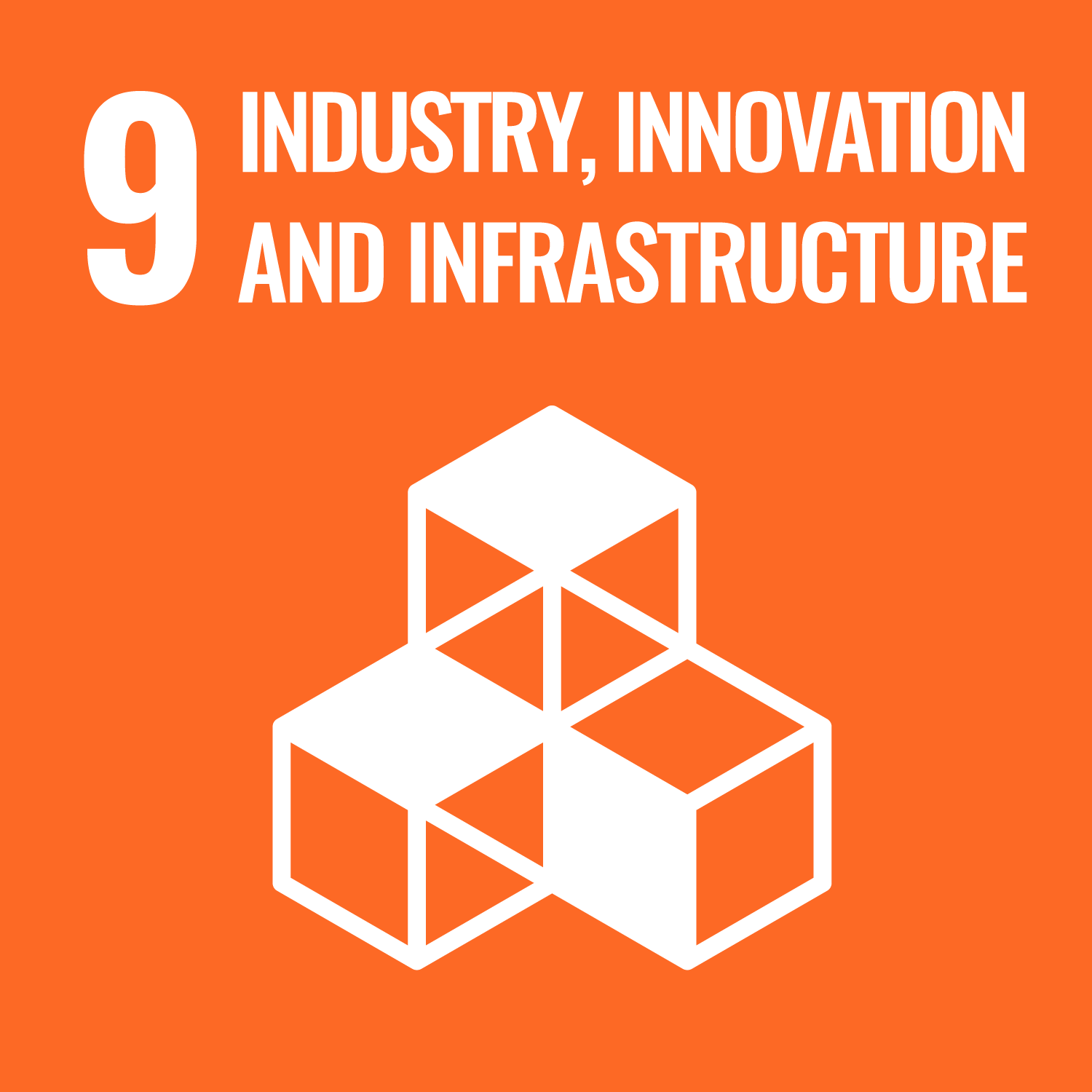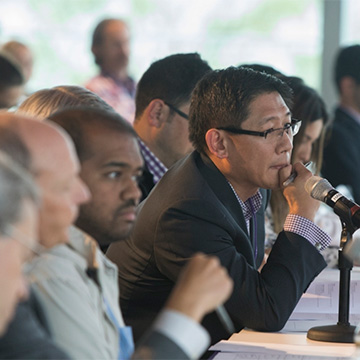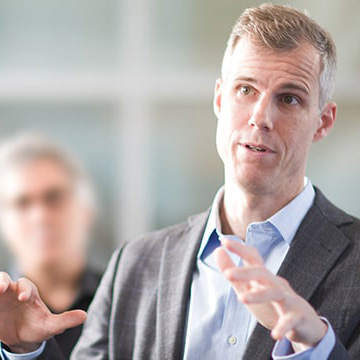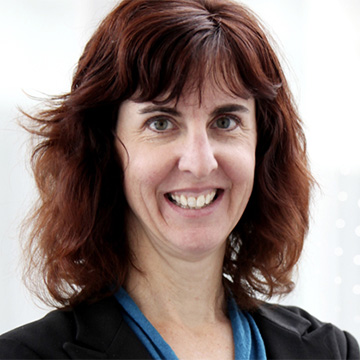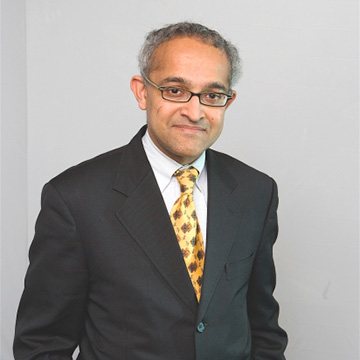The Innovation and New Ventures Office (INVO)
The Innovation and New Ventures Office (INVO) supports innovation and entrepreneurship at Northwestern and helps move Northwestern technologies to the marketplace. Its mission is to integrate the educational and research mission with the University’s social contract to contribute to economic growth and move research innovations to the market, and to support an entrepreneurial culture by encouraging relevant initiatives across the university. INVO partners with faculty and students across the Chicago and Evanston campuses, as well as our partners at Lurie Children’s Hospital, Northwestern Memorial Hospital, and the AbilityLab, to create startups and partnerships with corporations. By fostering innovation and commercialization, INVO strives to improve quality of life and fuel economic growth
